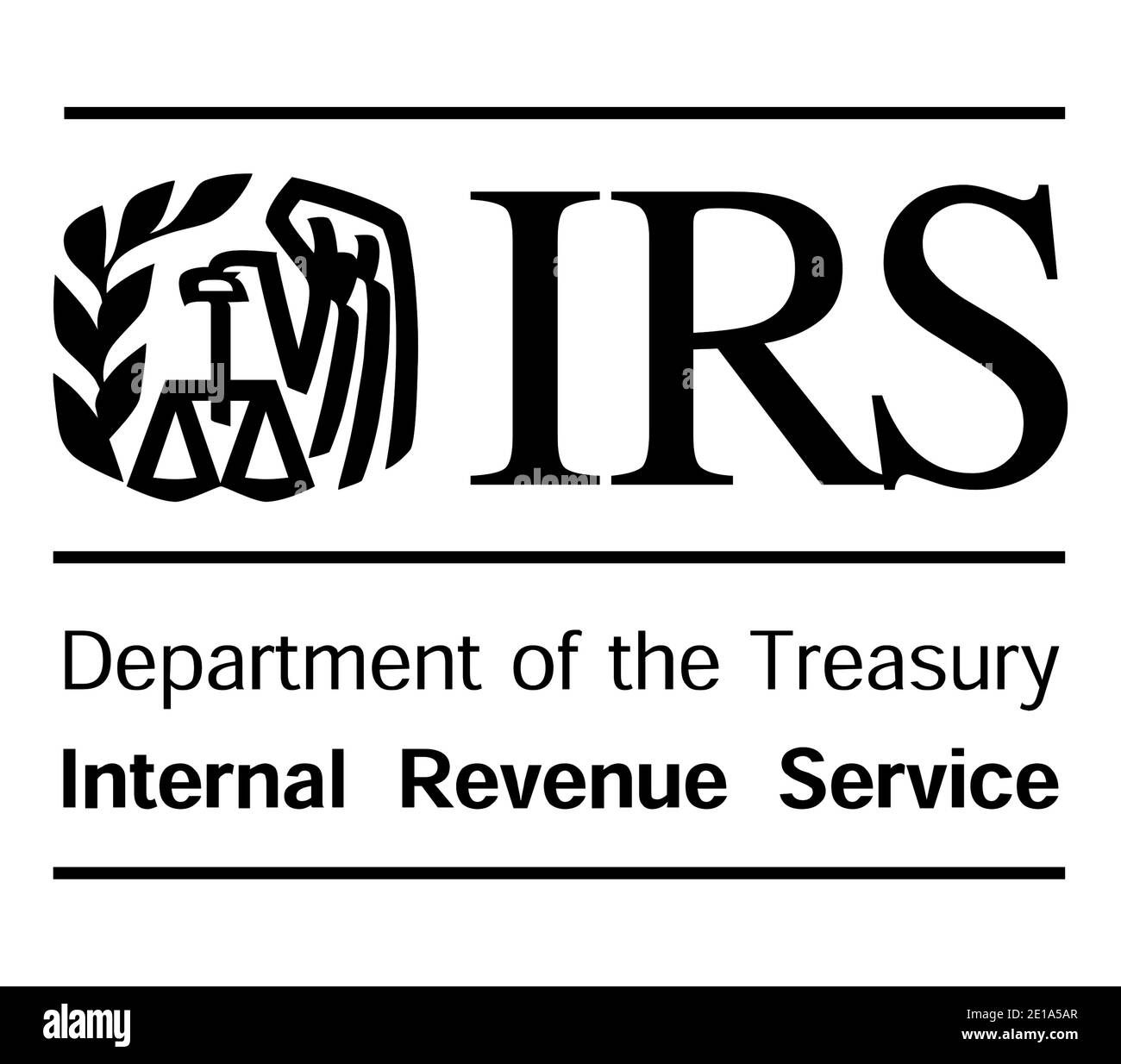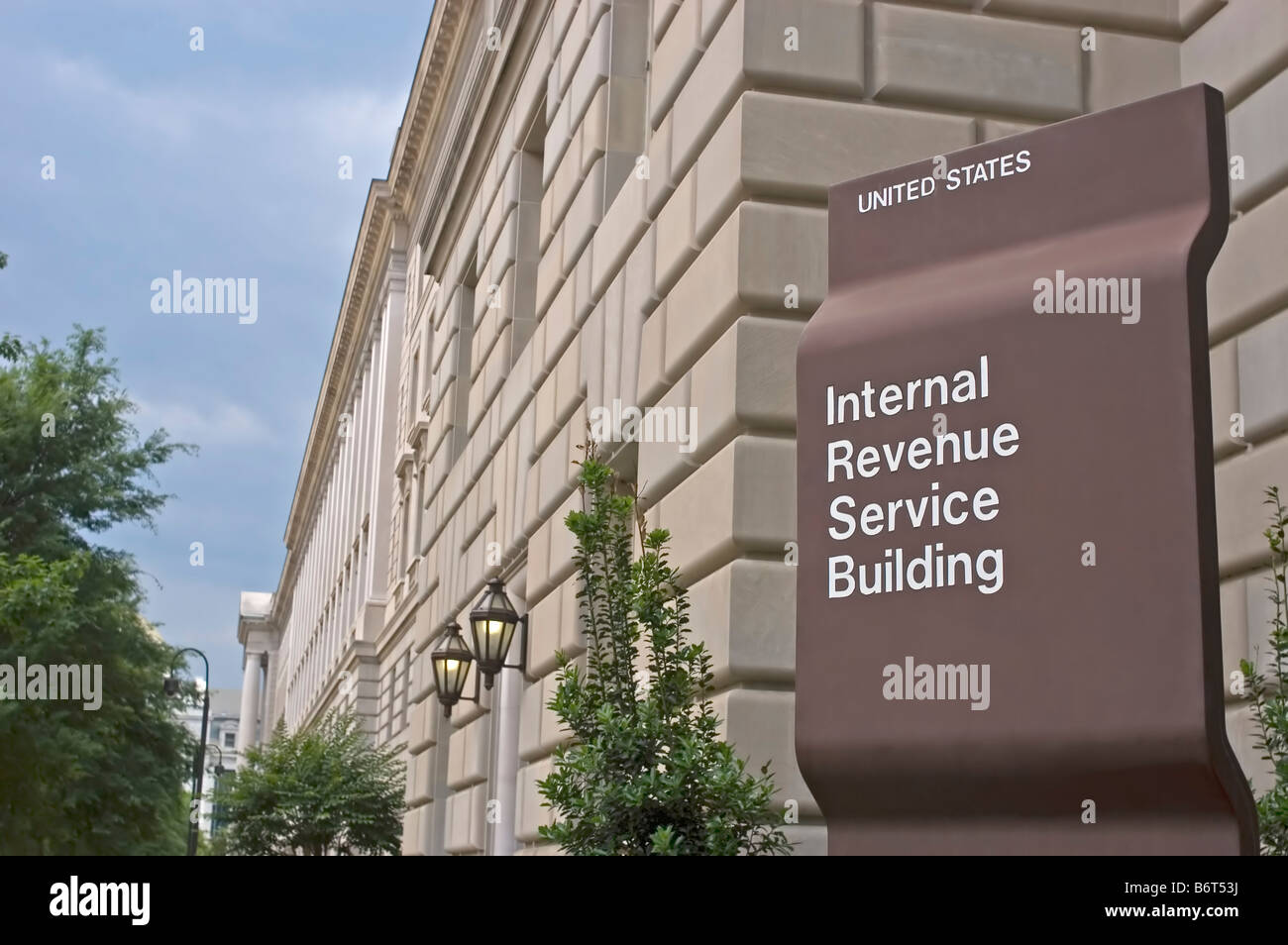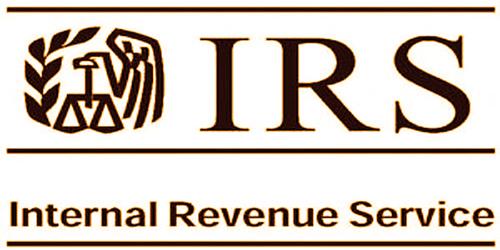Internal Revenue Service - Making Sense Of Taxes
When you think about the money that helps run our country, like roads, schools, and even national parks, you might wonder where it all comes from. Well, a lot of it comes from the taxes people pay, and the organization that helps gather these funds is the Internal Revenue Service. It's a big part of how our government gets the resources it needs to operate, so, it really touches everyone's daily life in some way or another.
This organization, often called the IRS, works to make sure everyone pays their fair share of taxes, and it also tries to make the process of paying taxes as clear as possible. You know, it's about making sure the system is fair for all, and that the money gets to where it needs to go. This means they have a lot of different jobs, from collecting payments to helping people understand their tax obligations. It's a very involved kind of operation, actually.
So, if you've ever had questions about your own taxes, or just wondered how the whole system works, then you're certainly not alone. Many people find the idea of taxes a little bit confusing, or perhaps even a bit overwhelming, but getting a better grasp of what the Internal Revenue Service does can really help clear things up. We'll explore some of the key things this organization does, and how it might connect with you, too.
Table of Contents
- What Does the Internal Revenue Service Actually Do?
- Why Does the Internal Revenue Service Matter to You?
- Is the Internal Revenue Service Always a Federal Matter?
- How Can You Work with the Internal Revenue Service?
What Does the Internal Revenue Service Actually Do?
The Internal Revenue Service, or IRS for short, has a very central role in the way our country operates financially. Basically, its main job is to administer the tax laws that Congress passes. This means they are the ones who make sure people pay their income taxes, and other kinds of federal taxes, too. They set up the rules for how to figure out what you owe, collect the money, and then process all the paperwork that comes with it. It's a pretty big task, considering how many people and businesses are involved in paying taxes across the nation. They are, in a way, the central point for federal tax collection, so, their work really helps keep the government running.
Beyond just gathering money, the IRS also plays a part in making sure the tax system is fair for everyone. This involves making sure that people follow the rules, and also that they get any refunds they are owed. They work to prevent people from trying to avoid paying what they should, and they also provide help to those who are trying to meet their tax obligations. It’s a delicate balance, you know, between enforcing the rules and providing support. They really aim to make the system understandable for the average person, or at least that's the goal.
They also put out a lot of information, like forms and publications, that explain different parts of the tax code. This is so people can figure out what they need to do without too much trouble. It's almost like they are a giant information hub for anything related to federal taxes. They are responsible for a wide array of activities that keep the flow of money going to support public services. This organization, basically, is the backbone of federal tax administration, making sure the government has the funds it needs to operate, and that people understand their part in that system.
How the Internal Revenue Service Helps Fund Public Services
The money that the Internal Revenue Service gathers from taxes goes into a very large pot that the government uses for all sorts of things that benefit everyone. Think about the roads you drive on, the schools your children or grandchildren attend, or even the scientific research that leads to new medicines. All these things, and many more, get their funding from the taxes collected. So, when you pay your taxes, you are, in a way, contributing directly to these public services that we all rely on. It's a system designed to pool resources for the common good, you know, for the benefit of the whole country.
This includes things like national defense, the upkeep of parks and public lands, and even support for older people and those who need a little help. The funds collected by the Internal Revenue Service are really the fuel that powers these programs. Without this regular inflow of money, many of the services that we often take for granted just wouldn't exist. It's a pretty fundamental part of how our society is structured, actually. The money collected helps keep the lights on, so to speak, for the entire nation.
They also manage programs that provide tax credits and deductions, which can sometimes mean money back for people, or a reduction in what they owe. These programs are often designed to encourage certain behaviors, like saving for retirement or making homes more energy efficient. So, it's not just about taking money; it's also about distributing it or reducing burdens in specific ways that align with national goals. It’s a very intricate system, truly, that aims to serve a lot of different purposes beyond just simple collection.
What Kinds of Services Does the Internal Revenue Service Offer?
Beyond just collecting money, the Internal Revenue Service offers a number of services to help people with their tax responsibilities. For instance, they provide free tax preparation help for certain groups of people, like older people, those with lower incomes, or individuals with disabilities. This is done through programs like Volunteer Income Tax Assistance (VITA) and Tax Counseling for the Elderly (TCE). These programs are pretty helpful for many people who might find the tax forms a bit tricky to fill out on their own, you know, offering a hand where it's needed.
They also have a website that is full of information, forms, and tools. You can find answers to many common tax questions there, download the forms you need to file, and even check the status of your refund. It's a truly comprehensive resource for anyone dealing with federal taxes. They also have phone lines and walk-in centers where you can speak to someone if you have specific questions or need more personal assistance. This kind of support is meant to make the process less confusing for people, basically, so they can meet their obligations without too much stress.
Furthermore, the Internal Revenue Service works to educate the public about tax laws and changes that might affect them. They publish various guides and notices, and they often update their website with the latest information. This educational effort is pretty important because tax laws can change from year to year, and people need to know what's new. They also have programs for tax professionals, providing them with resources and guidance so they can better help their clients. It’s all part of trying to make the tax system work smoothly for everyone involved, so, they put a lot of effort into providing clear information.
Why Does the Internal Revenue Service Matter to You?
The Internal Revenue Service matters to almost everyone living and working in the United States because, well, nearly everyone is affected by federal taxes in some way. Whether you are employed, own a business, or receive certain kinds of income, you likely have tax obligations that the IRS oversees. Understanding how this organization works, and what it expects from you, can really help you stay on top of your financial responsibilities. It’s about being informed, basically, so you can make good choices about your money.
For individuals, the IRS is the place where you send your yearly tax return, or where you get your refund from. For businesses, they are the agency that sets the rules for payroll taxes and other business-related tax matters. So, whether you are an individual or part of a company, your interactions with the federal tax system will almost certainly involve the Internal Revenue Service. It's a central part of personal and business finance, you know, something that really can't be ignored.
Beyond just paying taxes, the IRS also has a role in helping people claim benefits or credits that they might be entitled to. For example, if you qualify for certain tax credits, the IRS is the body that processes those claims and issues any resulting payments. So, it's not just about what you owe; it's also about what you might receive back, or how your tax burden might be lessened through various programs. This makes the Internal Revenue Service quite relevant to your financial well-being, in a way, as they manage both sides of the tax coin.
Getting Help from the Internal Revenue Service
Sometimes, figuring out your taxes can feel a bit overwhelming, and you might need some help. The Internal Revenue Service actually offers several ways to get assistance. Their website, IRS.gov, is probably the first place to look. It has a lot of information, tools, and answers to frequently asked questions. You can often find what you need there without having to call anyone, which is pretty convenient for many people, you know, when you just need a quick answer.
If you have a more specific question, or if your situation is a bit complicated, you can call the IRS directly. They have phone lines set up for individuals and businesses, and you can speak to a representative who can help clarify things for you. It's a good option when the website doesn't quite give you the specific answer you're looking for. They also have Taxpayer Assistance Centers (TACs) in various locations across the country where you can get face-to-face help. These centers are especially useful if you need to discuss something sensitive or get help with a complex issue, so, they really try to provide different avenues for support.
Additionally, if you are having trouble paying your taxes, or if you received a notice from the IRS that you don't quite understand, it's important to reach out to them. They have options for payment plans and can often work with you to find a solution that fits your situation. Ignoring letters or problems with the Internal Revenue Service is usually not the best approach. Instead, contacting them and trying to work things out is usually the way to go. They are, in essence, there to administer the tax laws, but also to help people meet their obligations, too.
Is the Internal Revenue Service Always a Federal Matter?
The Internal Revenue Service is, by its very nature, a federal agency. This means it deals with federal taxes, which are collected by the United States government. However, it's important to remember that states and local governments also collect their own taxes. These can include state income taxes, sales taxes, property taxes, and more. So, while the IRS handles the big picture federal stuff, there are many other tax bodies that operate at the state and local levels. It's a layered system, you know, with different levels of government collecting different kinds of money.
Even though the Internal Revenue Service is federal, its work can sometimes influence or interact with state and local tax efforts. For example, federal tax rules can sometimes affect how state taxes are calculated, or there might be agreements between federal and state agencies to share information. It's not always a completely separate operation; sometimes there's a bit of overlap or coordination. This coordination helps ensure that the overall tax system, from top to bottom, works as smoothly as possible for people and businesses across the country. It’s a rather complex web of interconnected financial systems, actually.
So, while you might hear about the Internal Revenue Service most often when it comes to income taxes, remember that your overall tax picture includes what you pay to your state and local authorities as well. Each level of government has its own agencies and rules for collecting money. The IRS focuses on the federal portion, but it’s part of a much larger network of tax collection and administration across the nation. This distinction is pretty important for a full grasp of how taxes work in the United States, too.
Collaborations with the Internal Revenue Service and Local Tax Bodies
While the Internal Revenue Service operates at the federal level, there are instances where federal tax administration connects with state and local efforts. These connections can happen in various ways, sometimes through shared data or through joint initiatives aimed at improving tax collection or taxpayer services. It's about trying to make the whole system more efficient and less confusing for everyone involved, you know, to streamline things a bit.
For example, some states have their own tax agencies that work closely with businesses and individuals on state-specific tax matters. These state groups sometimes work together with industry representatives and local administrators to figure out the best ways to handle tax issues. A good illustration of this kind of cooperative work can be seen in a situation from Louisiana. Section 4 of act 442 of the 2009 regular session of the Louisiana legislature established a collaborative working group of state and local tax administrators and industry. This group was set up to work together on tax matters relevant to Louisiana, showing how different parts of the tax system can come together to solve problems or improve processes. While this specific group was state-focused, the spirit of collaboration is something the Internal Revenue Service also encourages, as it can help create a more unified approach to tax administration across the country, too.
These kinds of working groups, whether federal, state, or local, are pretty important because they allow different parties to share ideas and develop better practices. They can help address specific concerns that businesses or individuals might have about tax rules or procedures. The aim is often to make the tax system more understandable and fairer for everyone. So, while the Internal Revenue Service has its own distinct federal role, it operates within a broader environment where cooperation among different tax bodies can lead to better outcomes for all people who pay taxes, in a way, making the system less burdensome.
How Can You Work with the Internal Revenue Service?
Working with the Internal Revenue Service means understanding your tax obligations and taking steps to meet them. For most people, this starts with filing an accurate tax return each year. This document tells the IRS about your income, any deductions or credits you are claiming, and how much tax you owe or how much of a refund you should get. It's your way of communicating your financial picture to the government, so, getting it right is pretty important.
You can prepare and file your tax return yourself, or you can get help from a tax professional. There are also many software programs that can guide you through the process, which can be very helpful for those who prefer to do it on their own. The IRS also offers free file options for people below a certain income level, making it easier for many to submit their taxes without cost. Choosing the right method for you depends on your comfort level and the complexity of your tax situation, you know, what feels best for you.
If you receive a notice from the Internal Revenue Service, it's really important to read it carefully and respond promptly. These notices might be about a change to your tax account, a request for more information, or an adjustment to your tax bill. Ignoring them can lead to bigger problems down the line, so, addressing them quickly is always a good idea. If you don't understand a notice, or if you think there's a mistake, you should contact the IRS for clarification. They are there to help you understand, and working with them directly is usually the most effective way to resolve any issues. It's about being proactive, basically, to avoid any unnecessary difficulties.
Keeping good records of your income, expenses, and any other financial information that relates to your taxes is also a very good practice. This includes things like pay stubs, bank statements, receipts for deductible expenses, and records of any investments. Having these documents organized makes it much easier to prepare your tax return accurately and can be very helpful if the Internal Revenue Service ever has questions about your filing. It’s a simple step that can save a lot of trouble later on, truly, providing clear evidence for your claims.

Internal Revenue Service Wikipedia, 40% OFF

midland irs tax office - Jeraldine Soliz

Internal Revenue Service (IRS) - Assignment Point